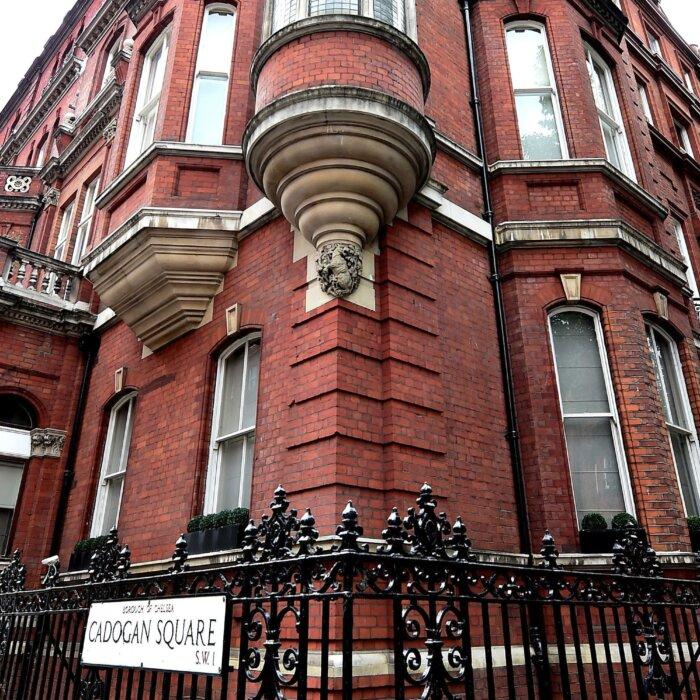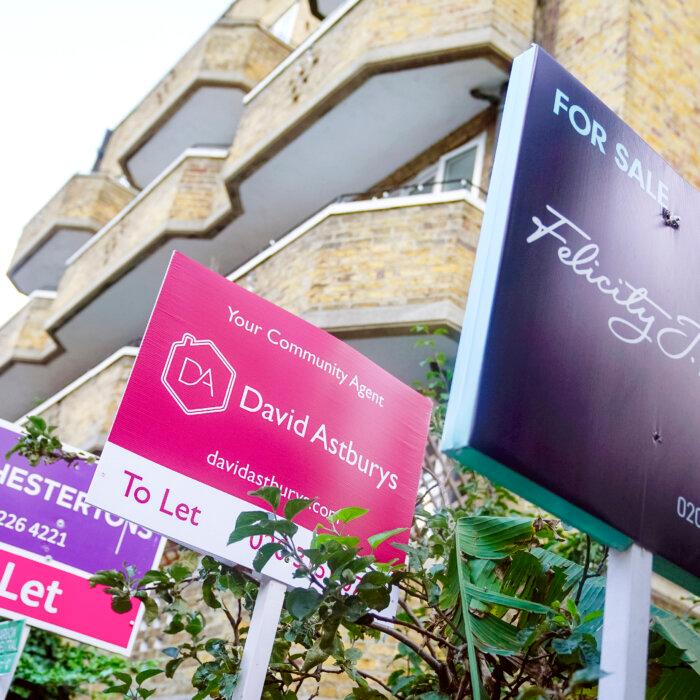Labour has set up an expert group to speed up its planning system reform and build 1.5 million homes.
The government has identified 200 large sites that are ready but haven’t yet started construction work. They could deliver up to 300,000 new homes, according to officials.
Labour’s experts will help “frustrated housebuilders and local communities” to accelerate the process, the government said.
Government experts will work with councils to intervene where planning delays and red tape slow down construction.
“Our New Homes Accelerator will quickly identify blockages, fix problems and support local authorities and developers to get shovels in the ground,” said Rayner.
The plans could see more than 10,000 homes built at three “stalled sites”—Stretton Hall in Leicestershire, Tendring in Essex, and Biggleswade Garden Community in central Bedfordshire.
Additionally, more than 14,000 homes are currently being built in Liverpool, Worcester, Northstowe, and Sutton Coldfield.
The intention to launch the expert taskforce was initially announced by Chancellor Rachel Reeves in July. On Thursday, the government launched a call for evidence from landowners and councils to better assess the scale of the problem.
The Home Builders Federation welcomed the initiative, saying that it could ease the pressure on small- and medium-sized house builders.
“Adopting a pragmatic approach to planning will increase the pace at which new homes are built and help to turn around ailing housing supply,” said Executive Director David O’Leary, in a statement.
“Unlocking homes and delivering new communities will boost growth and support job creation while providing young people with access to new, more affordable housing,” O'Leary added.
Constraints
A long period of surging inflation and high interest rates have left many families struggling to make rent or pay off their mortgages.Rightmove found in June that the average first-time buyer mortgage payment had risen by 61 percent since the 2019 general election.
A survey by Nationwide Building Society revealed that 48 percent of first-time buyers said that the ongoing cost-of-living crisis has affected their prospects of owning a home.
According to London mayor’s office, “for many in this generation, home ownership is a distant dream.”
London Mayor Sadiq Khan welcomed the government initiative to “unblock housebuilding.”
“I’m determined to use all the powers at my disposal to build the homes Londoners need and I look forward to working closely with Ministers on the action and investment needed to accelerate the delivery of new homes as we continue building a better, fairer London for everyone,” Khan said in a statement.
Labour’s announcement follows Prime Minister Sir Keir Starmer’s speech on Friday, in which he spoke about taking on the “blockers by accelerating planning” and “building homes.”
He warned, however, that the upcoming Autumn Budget will be “painful” and said there was a “£22 billion black hole in the public finances.” Constraints on public spending could affect government spending on its initiatives, including housing.







